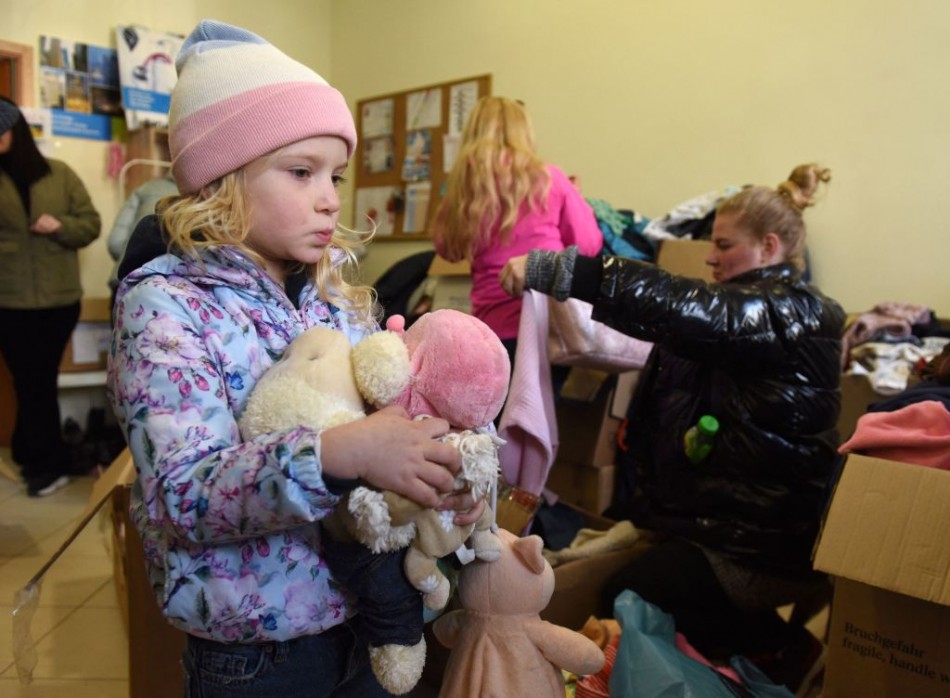How to Help Children Understand the News When It's Tragic

Disturbing news like disasters, gun violence, or war that the children can see on television may leave parents too shocked to explain what's going on. But it's important for parents to help children understand the news even when it's tragic, as this will also help shape their understanding of what's going on in the world.
There are, however, age-appropriate ways to help children understand the news, especially when it's bad. Children will also take the cue from their parents, so moms or dads should handle the topics rationally and with a sense of calm.
According to Common Sense Media, children under seven years old should be kept away from the tragic news because it will only scare them. Under this circumstance, the most important thing for the parents is to let their younger children know that they are safe.
Mothers and fathers may also explain that the horrific incident they saw or heard is miles away. But kids who live in a violent or crime-ridden environment might have some triggers.
Read Also: Ukrainian Mom Lives with Horror of Seeing Daughter, 12, Violently Killed By Russian Soldiers
Here's how to help the kids understand the scary news:
Find out what they have seen or heard.
According to KidsHealth, school-age children may have already heard the tragic news from their schoolmates, so parents must assess how much they've grasped by asking them questions. The younger kids might not be up to talking, though. If this happens, the parents need not press the issue until they are ready.
On the other hand, older kids could have some questions themselves, and parents should answer these briefly but as honestly as possible. However, it's also okay for the parents to tell their children if they don't know the answers. Instead, assure them that you'll find out more.
Parents have to give their kids the facts and context and be their most reliable source of information. Otherwise, the children might turn to other sources that will not help them understand the situation better.
Listen to the fears behind their questions.
Parents have to let their children know that they will be there, especially when they are fearful of what they have seen or heard. Let your kids learn as well that you don't want them constantly exposed to the bad news, so you might have to limit their viewing time.
Periodically have conversations about current events and ask the kids what they think. Establish with the kids that your home will always be a safe space to talk about what's bothering them. However, watch out for stress indicators such as sleeping and eating issues or a change in their behavior.
Resist the urge to label and shift focus.
Rosemarie Truglio of the Sesame Workshop said that parents must avoid placing labels on the evil or bad guys from the news as this could only raise their fear and confusion. Truglio said parents should focus on why some people make bad choices in life by open firing a gun in a school or waging a war that has killed thousands of children.
It will also help shift the focus on the people helping during times of crisis. Truglio told NPR that it's what she did with her son after the 2012 Sandy Hook school attack. They turned to the TV only to watch the memorial and look at the thousands of people gathered to memorialize the dead.
Related Article: Parents Urged Not to Let Kids Watch Disturbing Huggy Wuggy TikTok Videos
© 2024 ParentHerald.com All rights reserved. Do not reproduce without permission.
